Month: January 2024
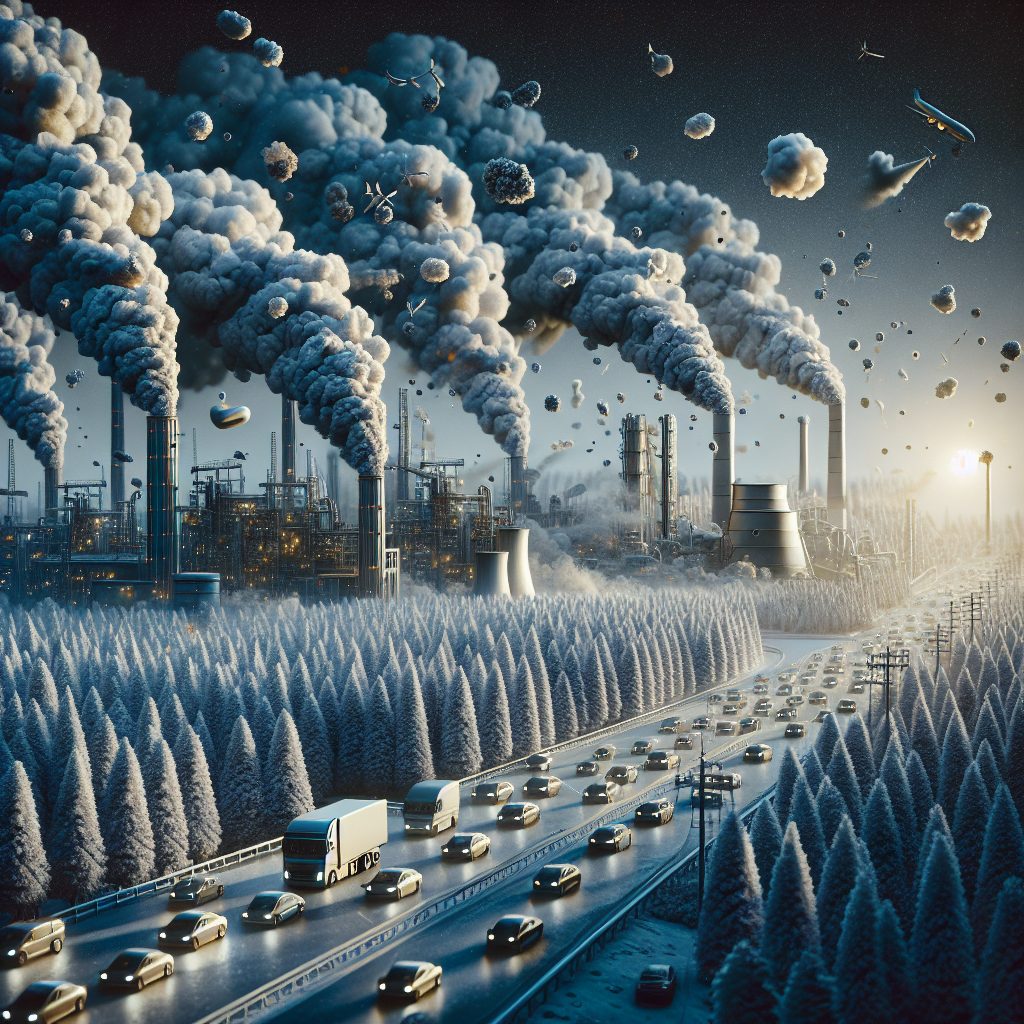
Greenhouse Gas Emissions
Greenhouse gas emissions have become one of the most pressing issues of the 21st century. These emissions are generated primarily from human activities including burning fossil fuels, deforestation, and other industrial processes. These gases trap heat in the earth’s atmosphere, resulting in harmful effects on the environment, human health, and…
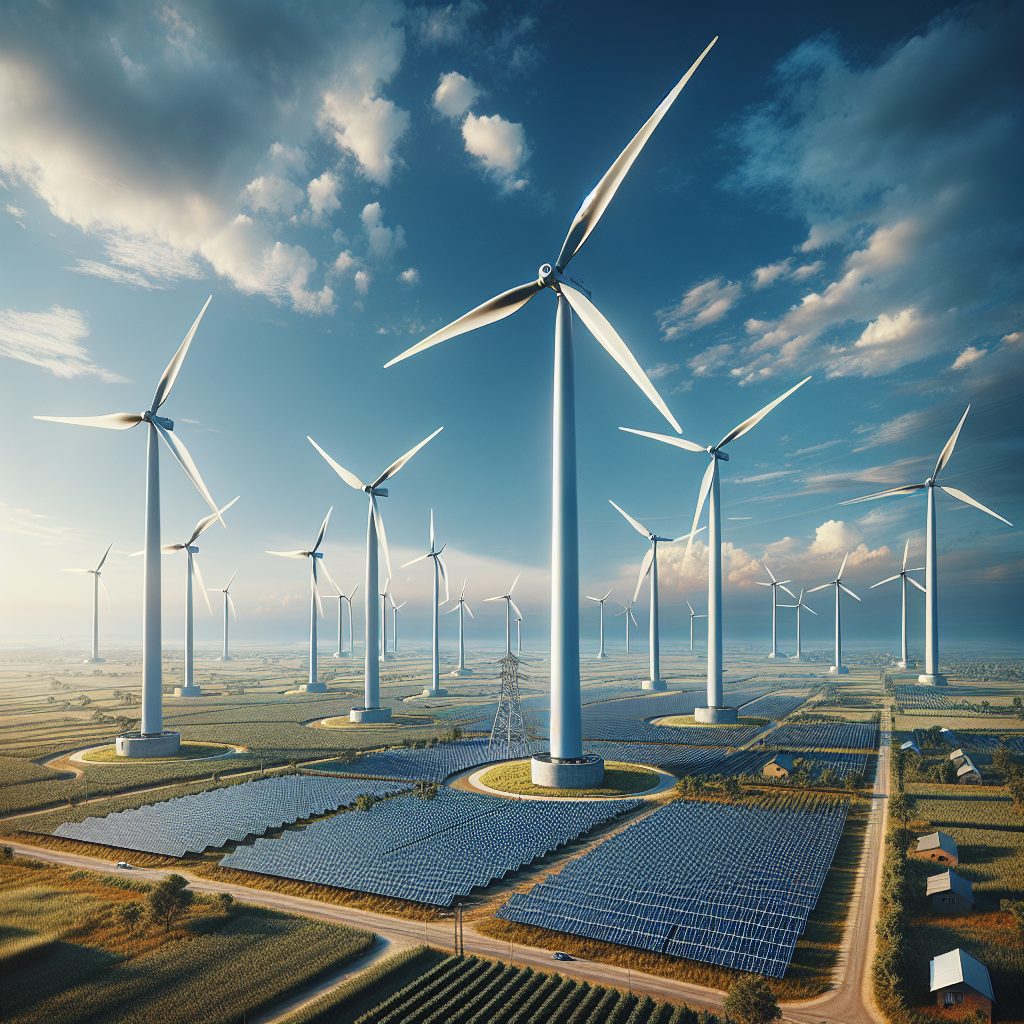
Wind Power and Energy Independence
Wind power is the conversion of wind energy into electircity which is used for energy independence and it is a clean, renewable energy source. Wind power does not emit any gases or pollutants. With the help of modern technology and advanced engineering, wind turbines now generate electricity more efficiently than…
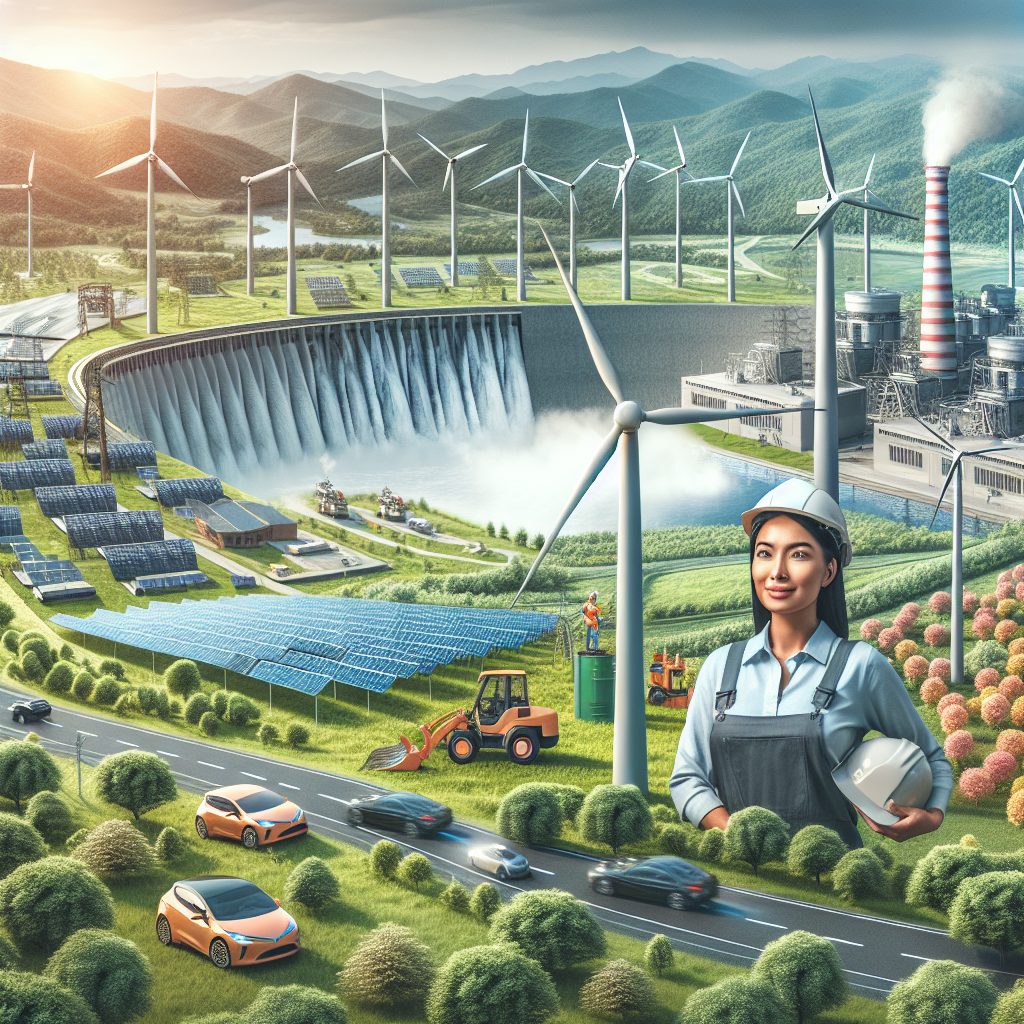
Climate Change Solutions
Climate change has been one of the most discussed and researched topics in our society today. With global temperatures increasing, there is a growing need for systems and solutions that can help tackle the effects of climate change. While there are a number of climate change solutions being implemented globally,…
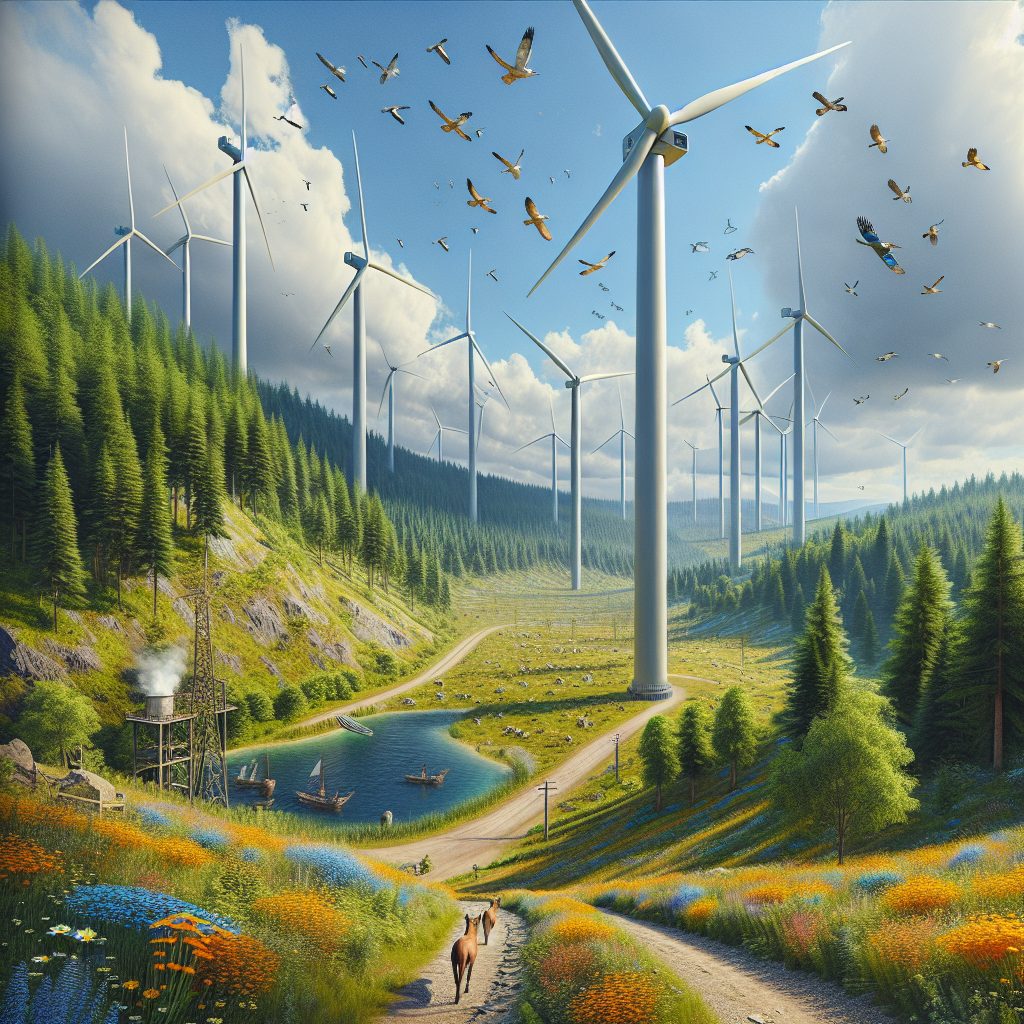
Wind Power and Environmental Impact
Wind power is a renewable energy source that harnesses the power of wind to generate electricity. It has a minimal production cost which makes it an attractive energy source for many countries. The environmental impact of wind power is a subject of ongoing debate and research. While some argue that…
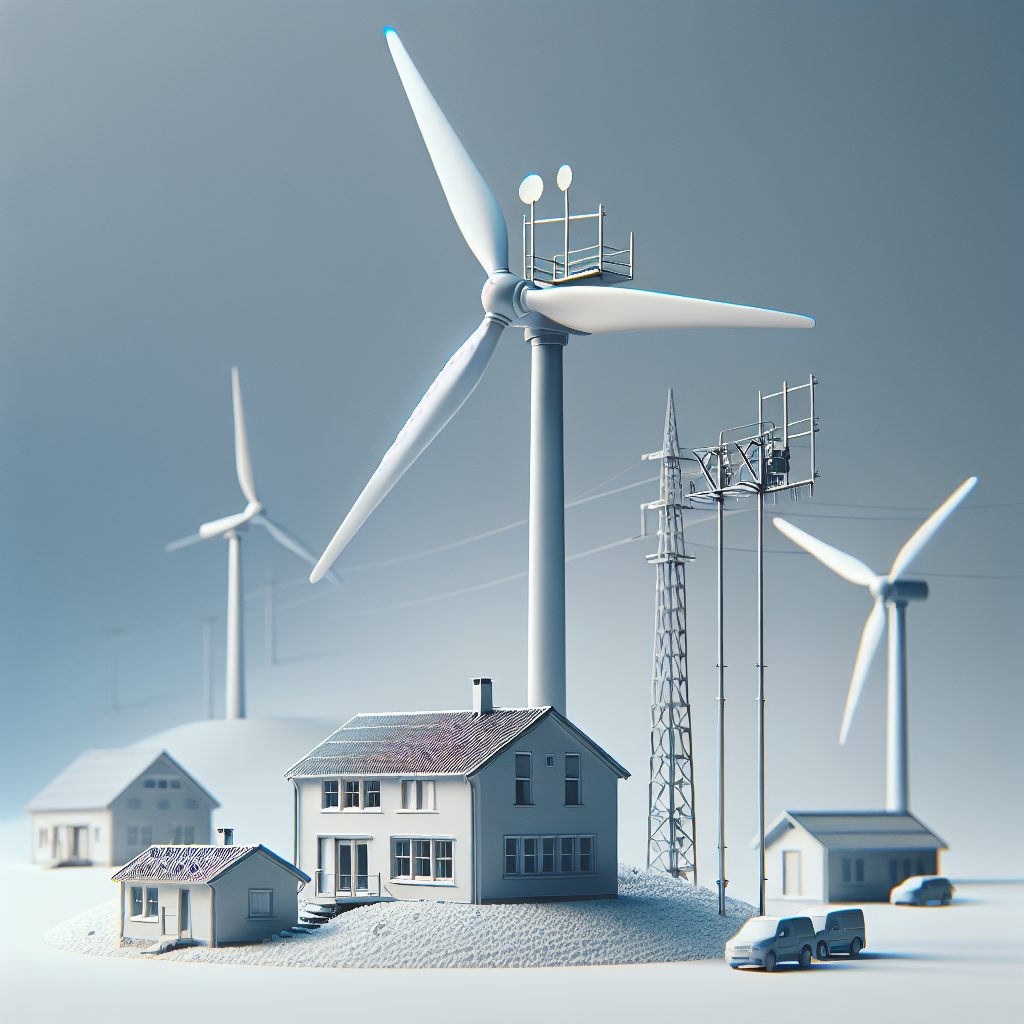
Micro Wind Turbines
Micro wind turbines are a form of renewable energy technology that develops electricity from the power of the wind. They are considered to be low wind speed (as low as 4 kph) efficient and offer a lower cost solution in comparison to traditional wind turbines installations. These turbines are frequently…
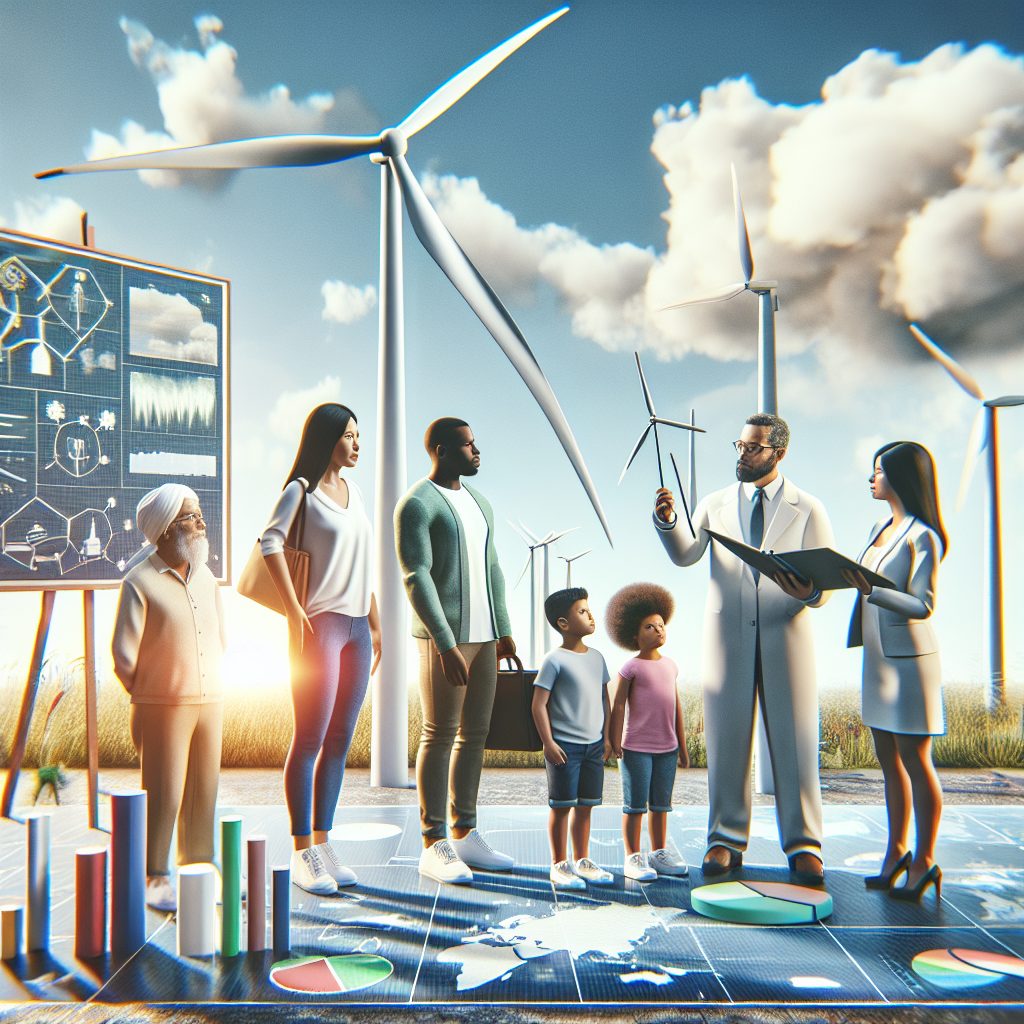
Wind Power Education and Awareness
In today’s world, wind power is an important source of alternative energy and wind power education and awareness is an essential part to educate both the public and the industry on how to use it effectively. Without the correct knowledge of the great potential offered by this renewable energy source,…
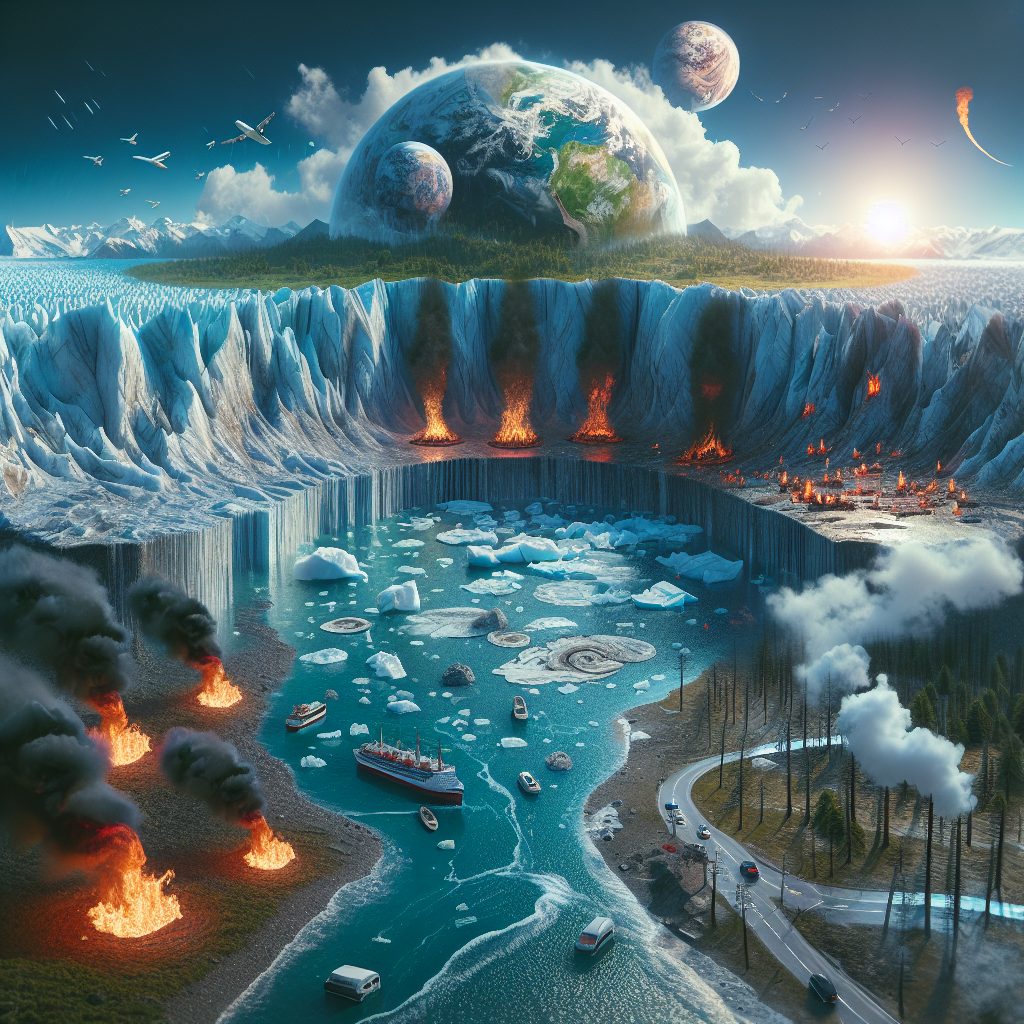
Climate Change Impacts
Climate change impacts our planet in various ways, from rising sea levels to extreme weather events. As the Earth’s temperature increases, this leads to an increase in the frequency and intensity of current weather changes. This, in turn, affects our climate patterns in various ways. For example, sea levels have…
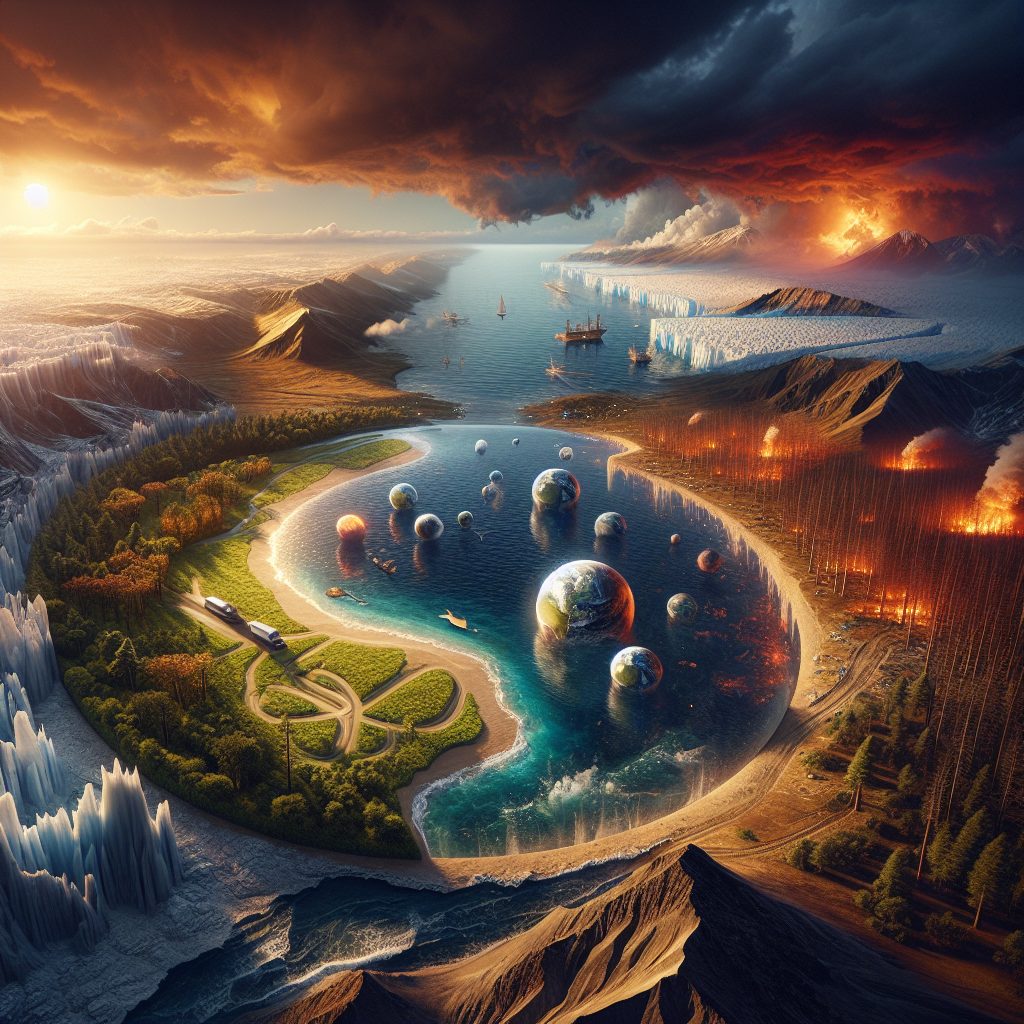
Climate Crisis
Climate crisis is a term increasingly used to describe the state of the planet and its biodiversity. Climate change is caused by a range of human-created activities, including burning fossil fuels, deforestation, use of chemical fertilizers and pesticides, and overconsumption of resources. The effects of climate change are already being…
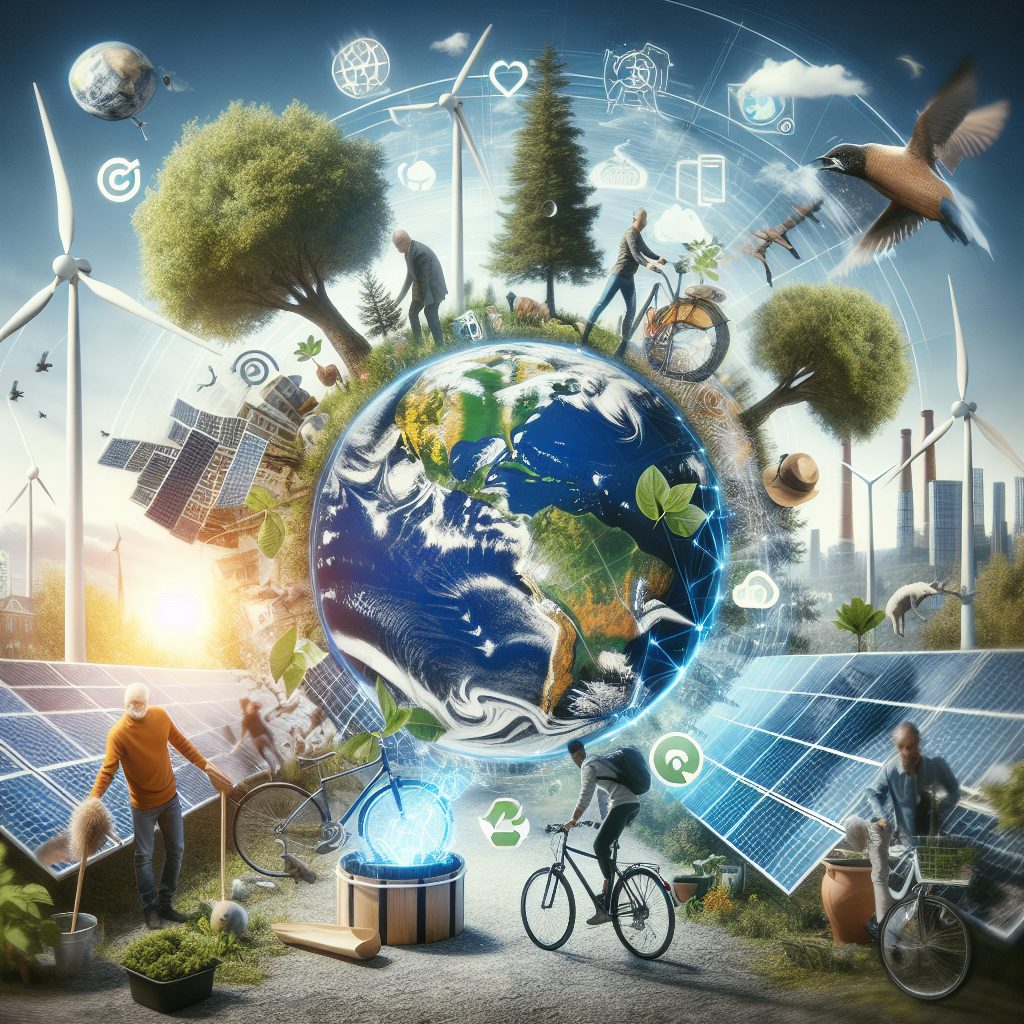
Climate Action
Climate action, or climate change mitigation, is a collective effort to reduce the amount of human-caused emissions of greenhouse gases, mitigate and adapt to scenarios of unavoidable climate change, and to accelerate the journey to a net zero economy. It is an effort to achieve a safe and secure planet…
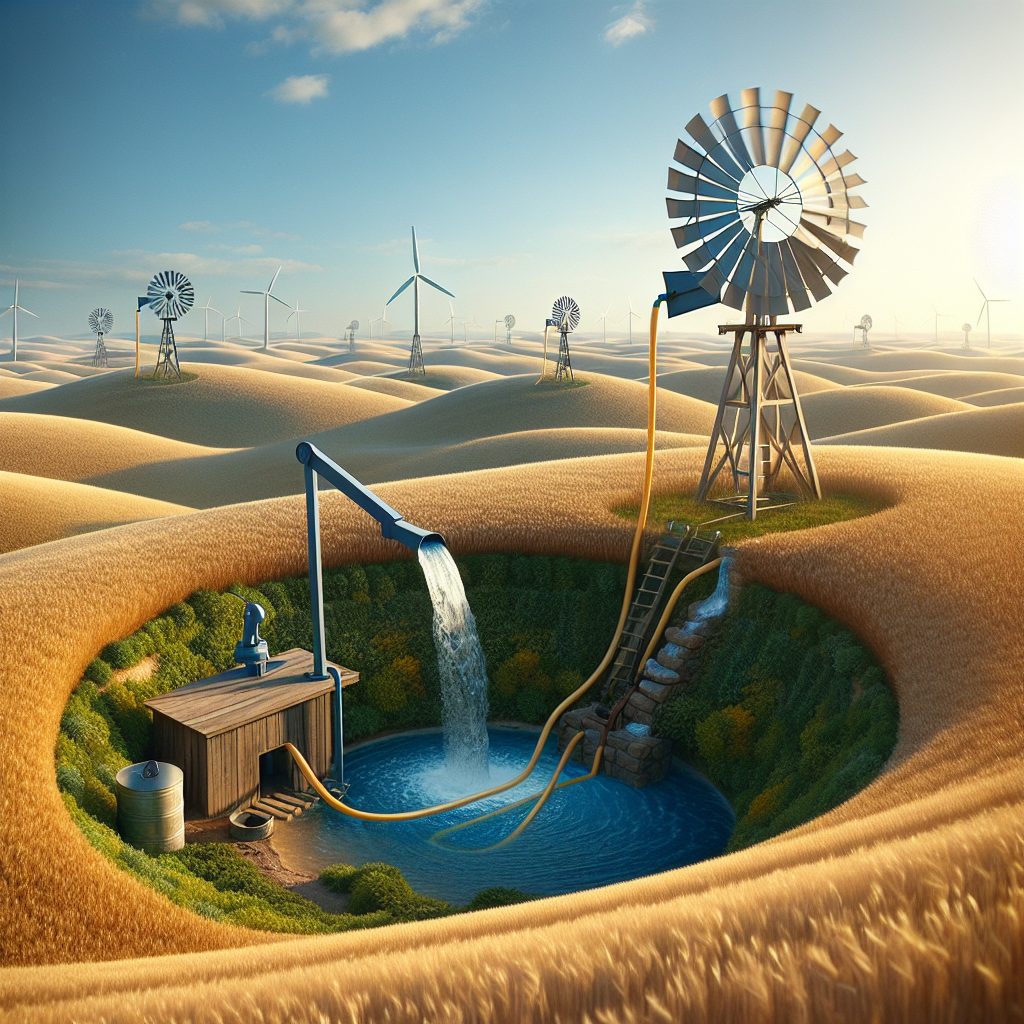
Wind Power for Water Pumping
Wind power for water pumping is a sustainable and readily available energy source used for various activities, such as irrigation and livestock watering in rural regions. It leverages the natural power of wind to force water from a surface body, such as a well or lake, into a container or…
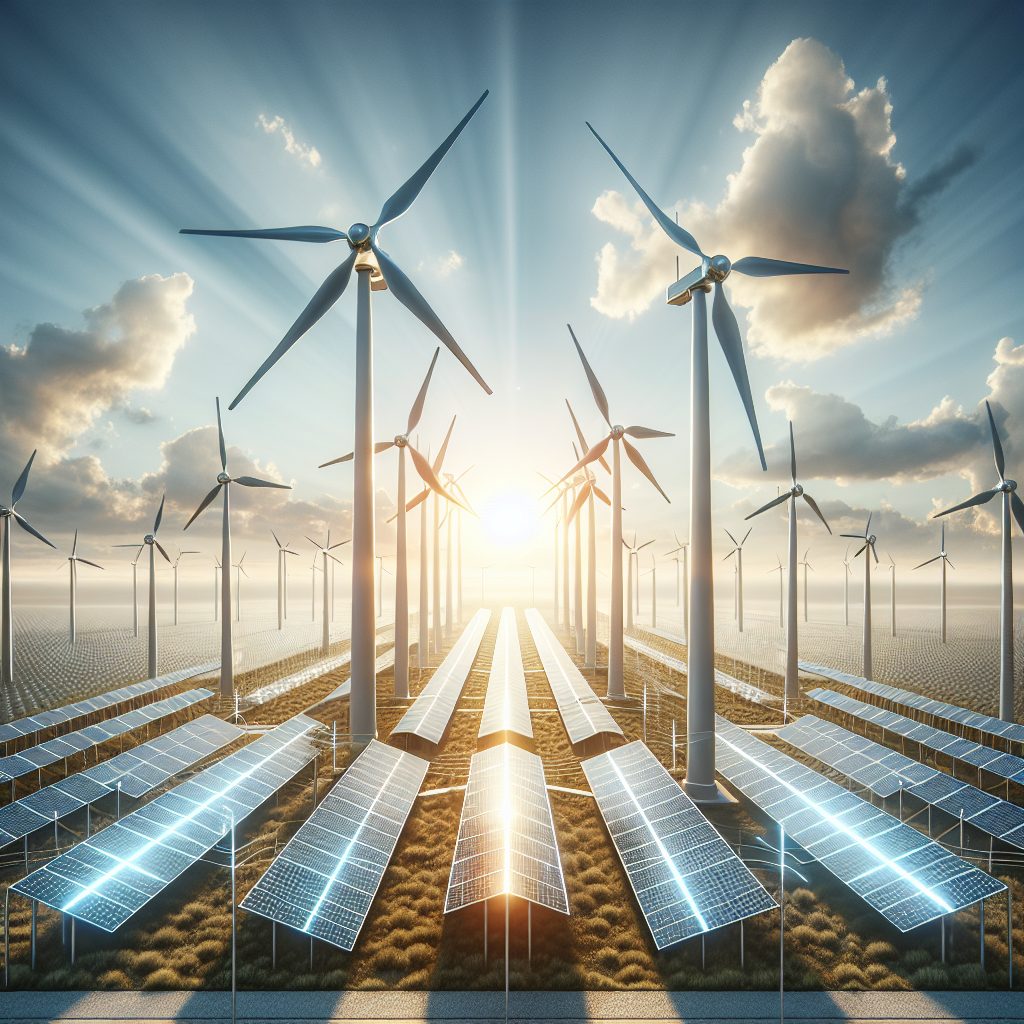
Hybrid Wind-Solar Power Systems
Hybrid wind-solar power systems are a cutting-edge type of energy-producing system that combine both wind and solar technology to efficiently generate power. This unique combination of alternative energy sources offers a range of potential benefits and advantages that solar and wind energy systems alone cannot. Hybrid wind-solar systems take the…
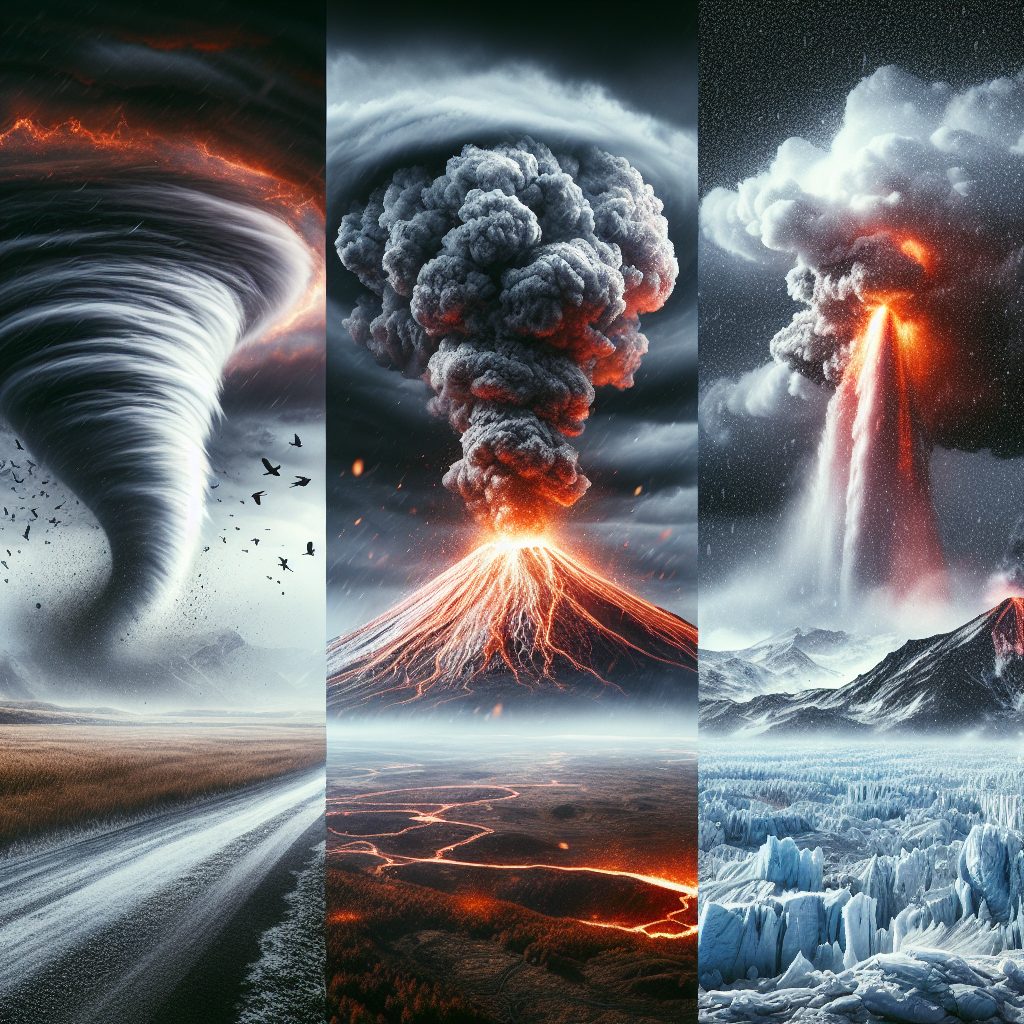
Extreme Weather Events
Extreme weather events such as floods, heatwaves, snowstorms, and hurricanes can cause havoc around the globe. They can occur anytime and anywhere, with even experienced meteorologists often unable to accurately predict their location or severity. These events can have devastating impacts on both human-made infrastructure and the natural environment, leading…
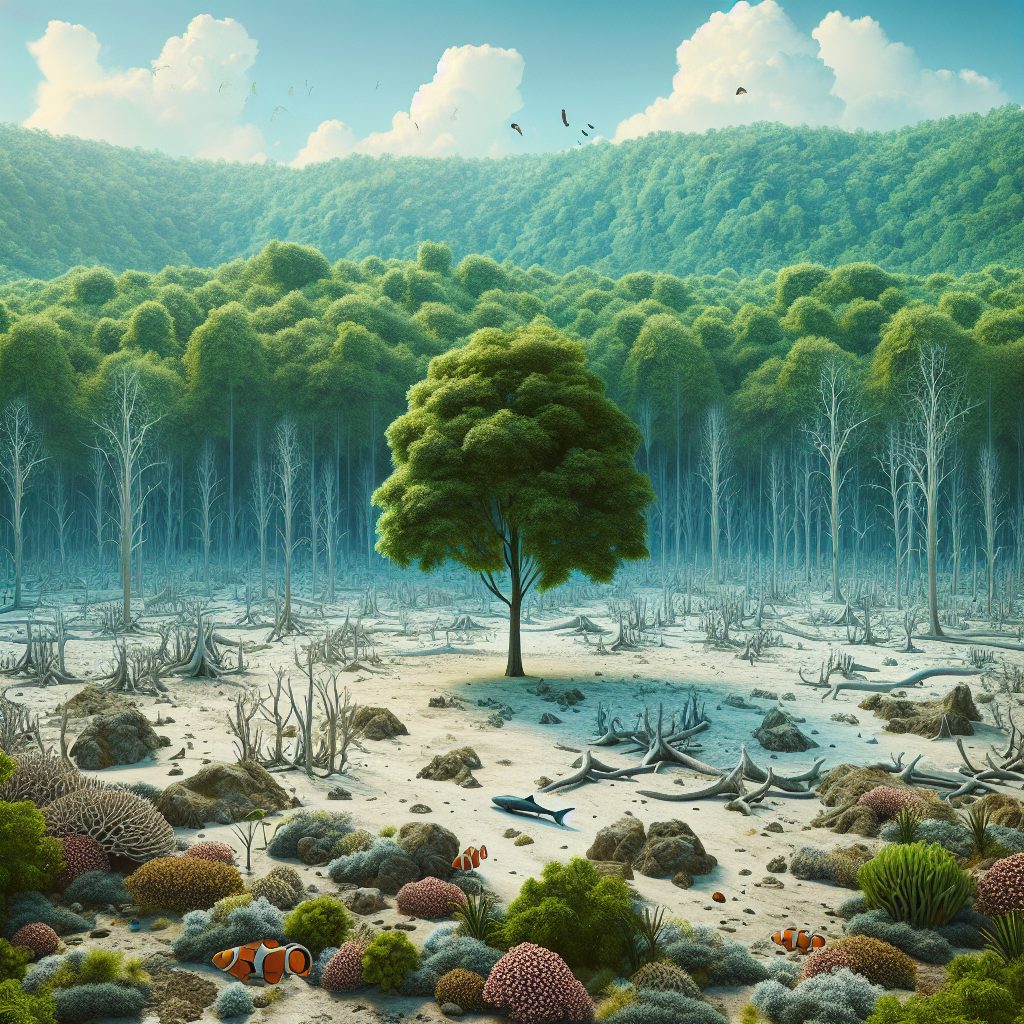
Biodiversity Loss
Biodiversity loss is the decline in the variety of life forms in a given ecosystem, it is caused by many factors including human population growth, habitat destruction, overexploitation, pollution and climate change. This loss of biodiversity can lead to the extinction of species and changes in the food web, resulting…
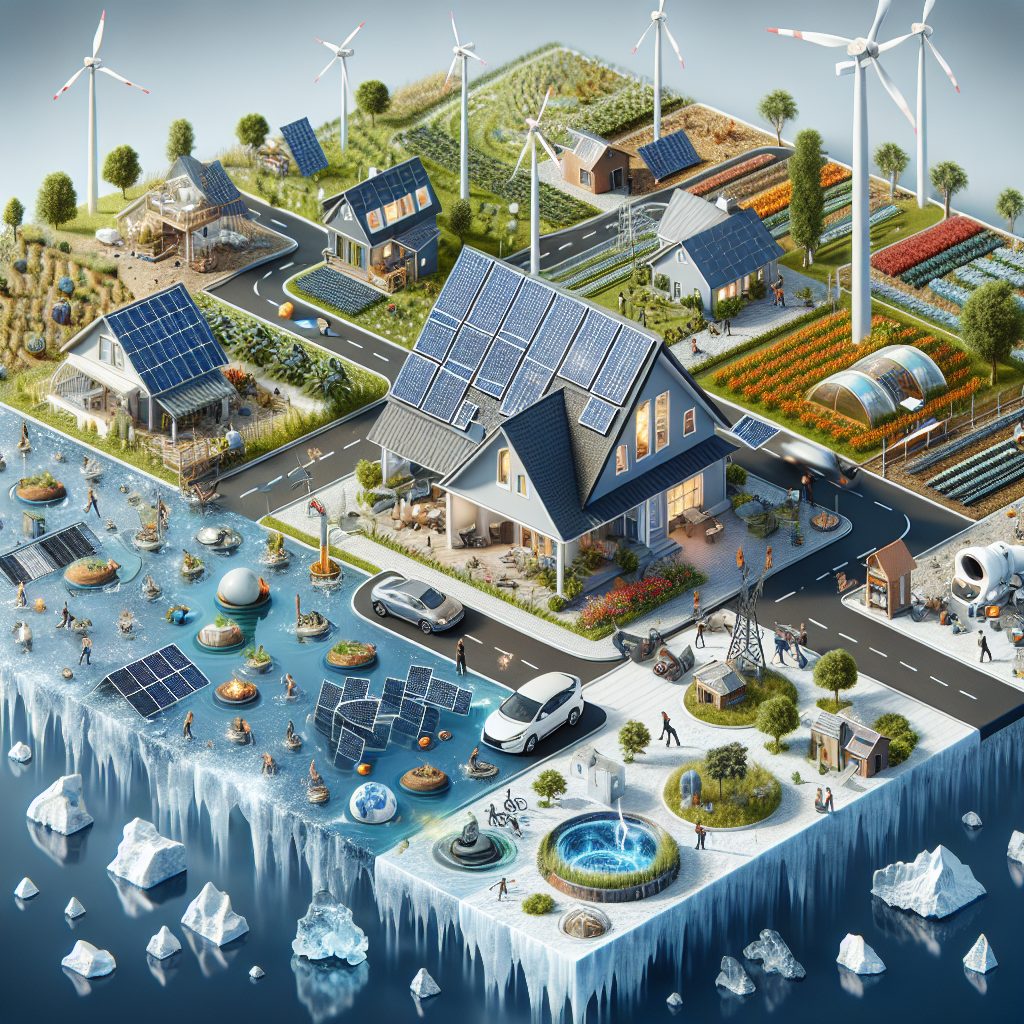
Sustainable Living and Climate Change
Sustainable living may refer to the practice of living in harmony with the environment so that the resources of the present are not impacted by the needs of humans while ensuring the resources are available in the future. Climate change is closely associated with sustainable living, as sustainable practices can…
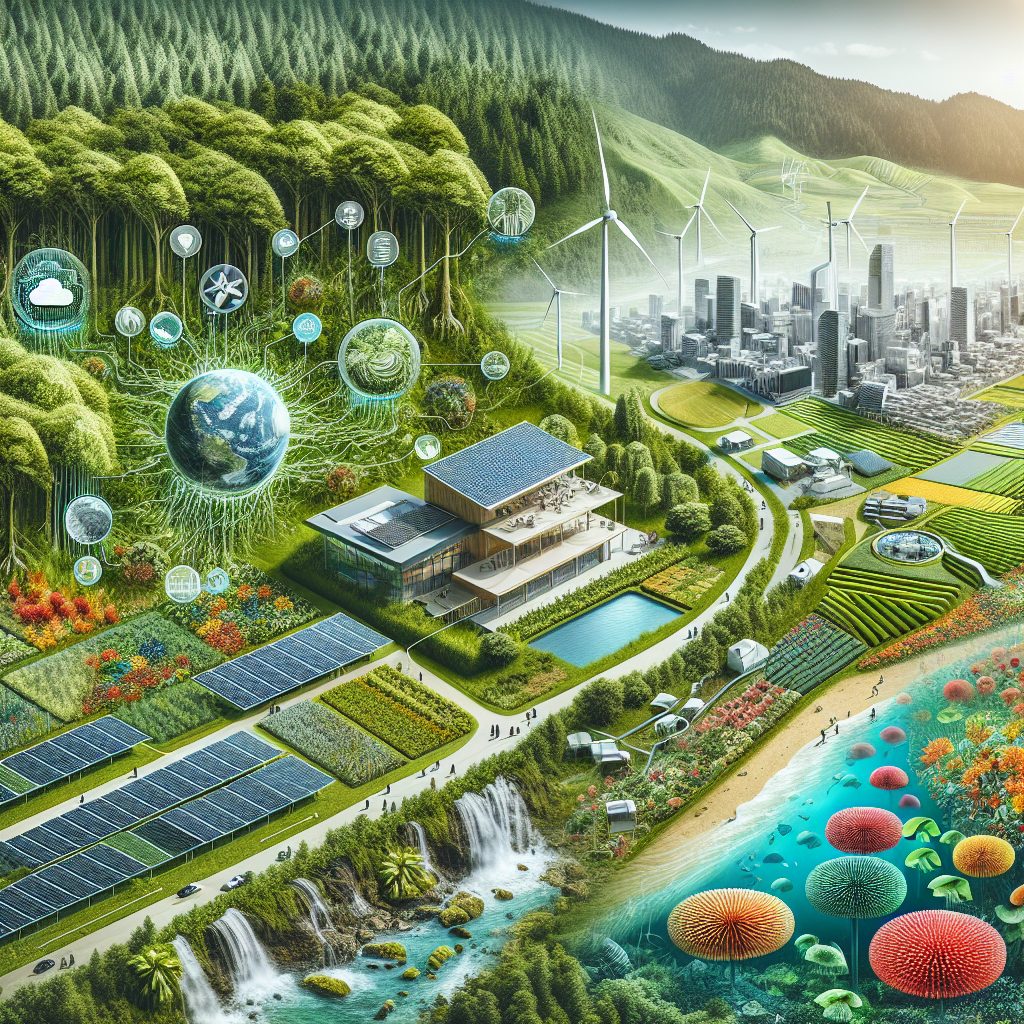
Climate Resilience
Climate resilience is an emerging concept that focuses on a society’s adaptive capacity to actively respond to, and recover from, the adverse effects of climate change. Climate resilience requires steps being taken in order to develop strategies and reduce the impact of climate hazards, such as floods or rising temperatures.…
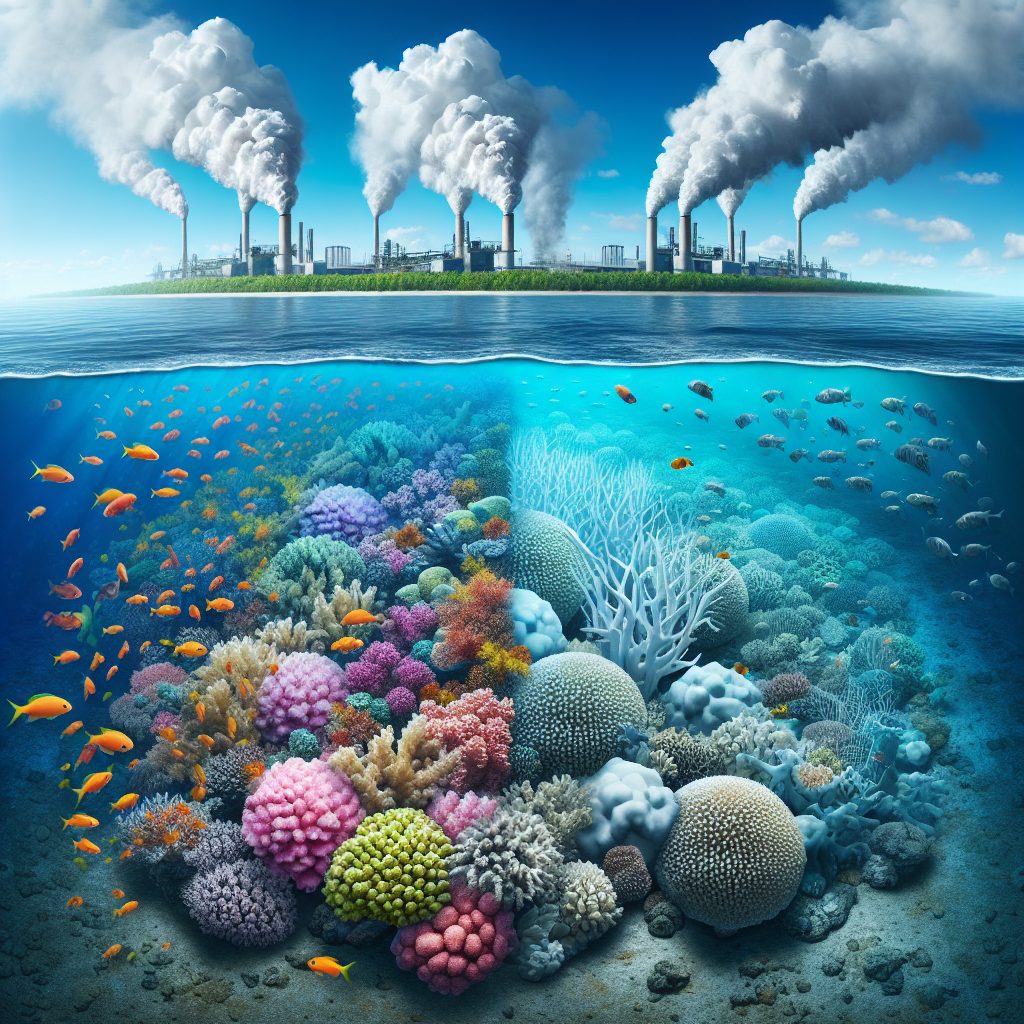
Ocean Acidification
Ocean acidification is the process by which the level of acidity in the world’s oceans increases due to the absorption of carbon dioxide from the atmosphere. It takes place at an unprecedented rate that is causing considerable damage to marine ecosystems. The changes in the chemical composition of the oceans…
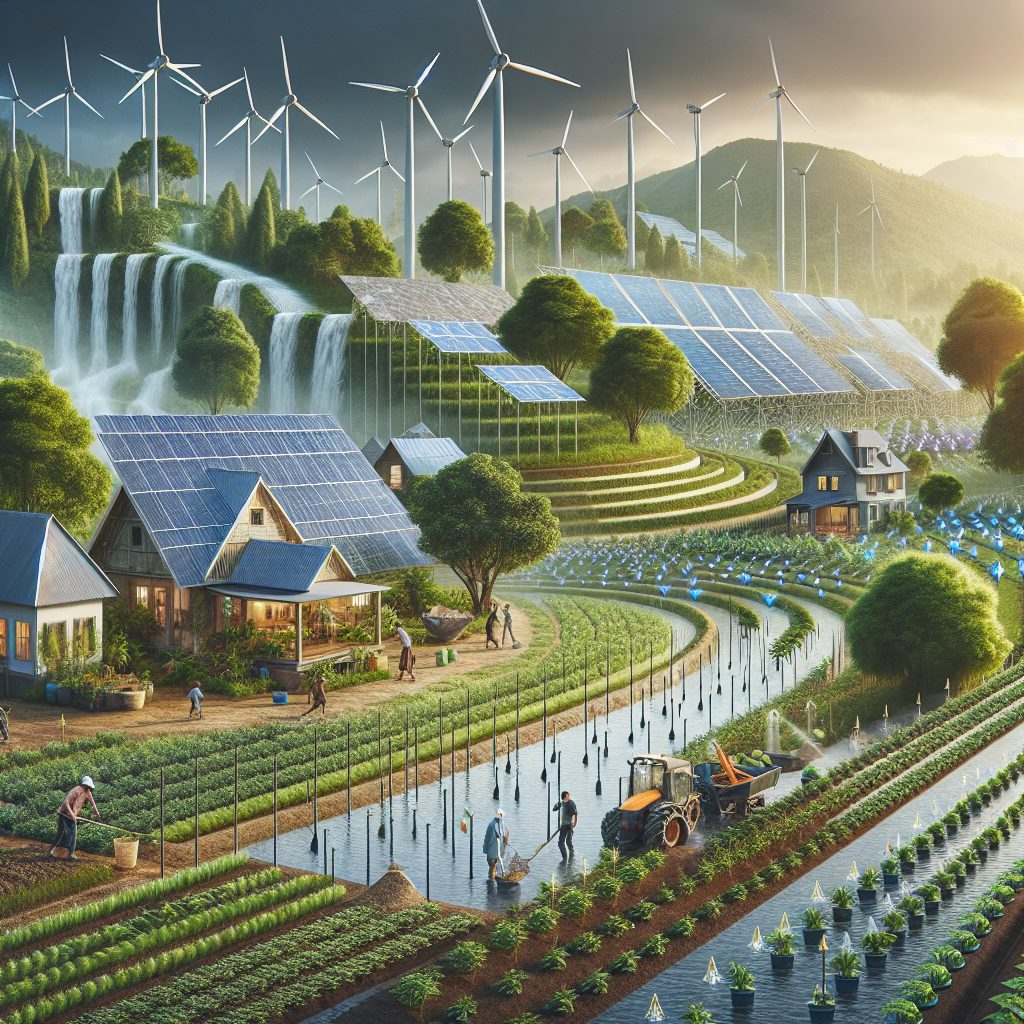
Climate Change Adaptation
Climate Change Adaptation is an important topic for both individuals and organizations to improve management strategies and reduce the effects of climatic changes. It refers to changes in practices and plans to help organizations and individuals to adjust to future climate change. Adaptation involves anticipating challenges which climate change impacts…
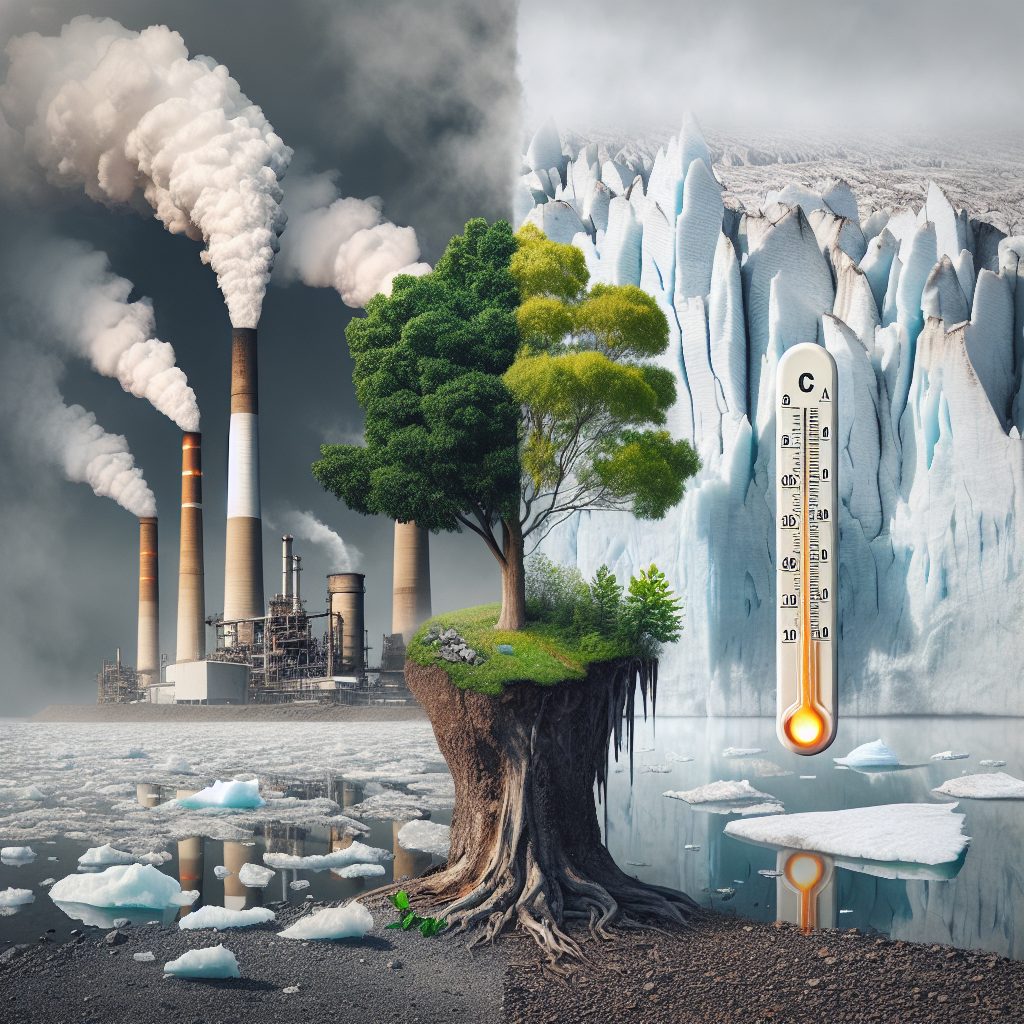
Fossil Fuels and Climate Change
Fossil fuels are non-renewable energy sources like coal, oil, and natural gas that were formed from long dead plants and animals over hundreds of millions of years. They contain combustible chemicals and produce energy when burned, but they also produce carbon dioxide and other air pollutants that have a profound…
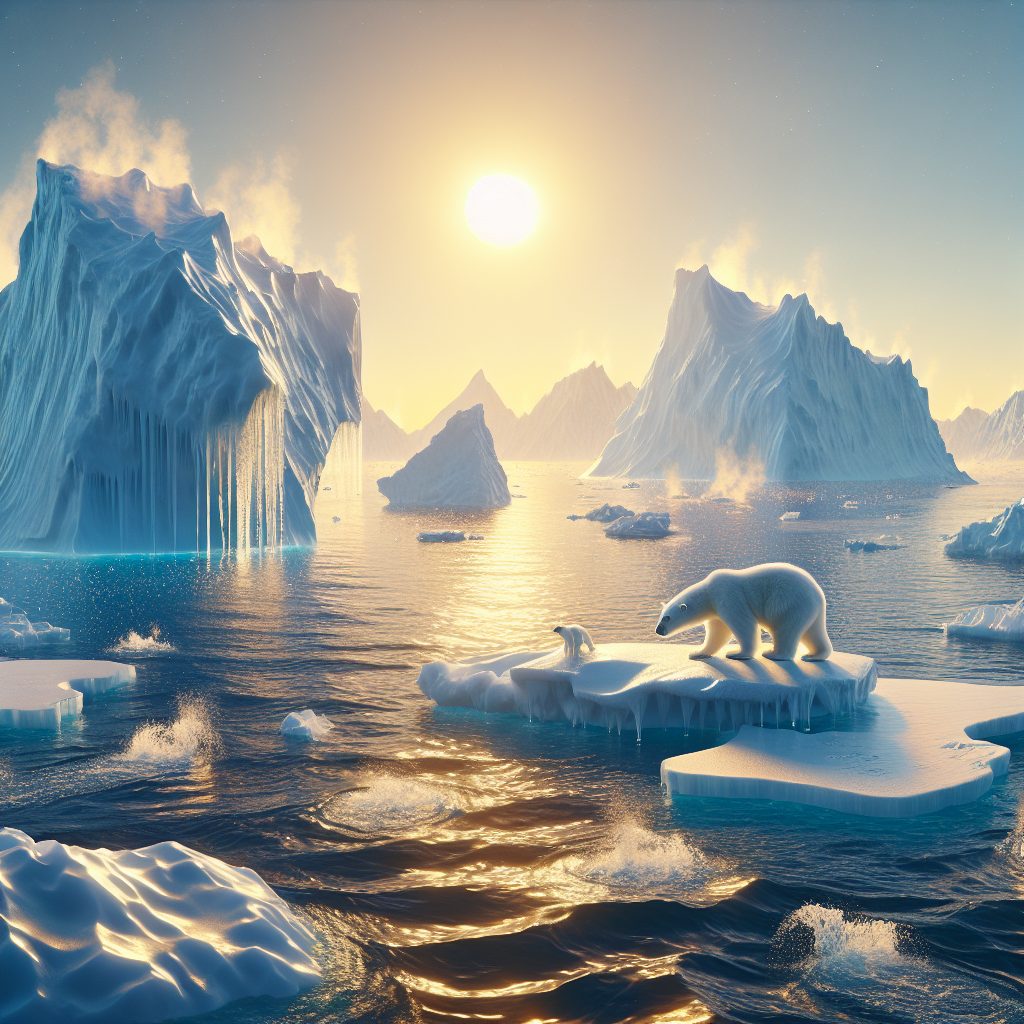
Melting Ice Caps
The melting of ice caps, or ice shelves, refers to the decrease in mass and area of the polar caps due to an increase in temperature. The effects of melting ice caps can be seen all over the world, most notably in the Arctic and Antarctic regions. These changes in…
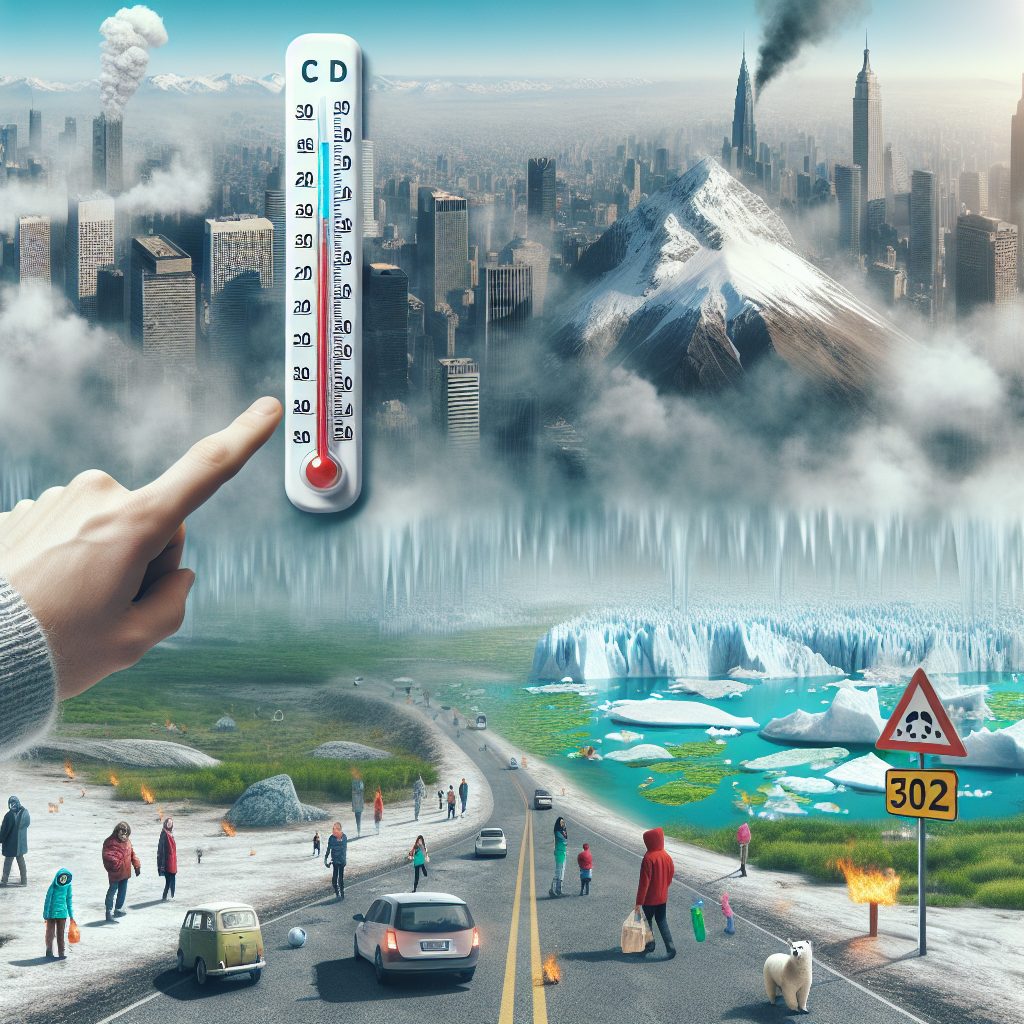
Climate Change Denial
Climate change denial is the rejection of the scientific consensus that human activities are the primary cause of the current global warming trend. This denial is based on an effort to construct a body of evidence that lies outside of the scientific literature or is contrary to accepted scientific measures…
